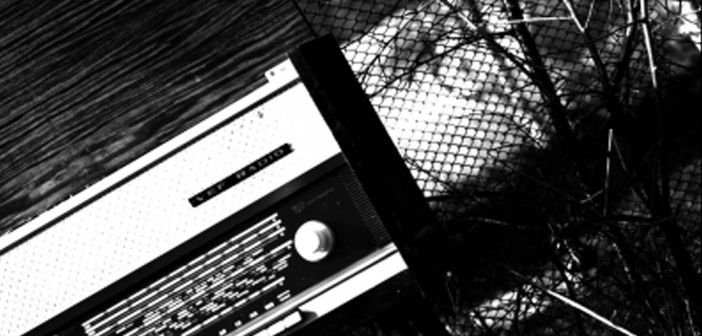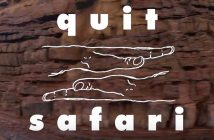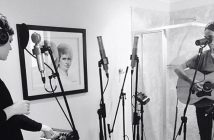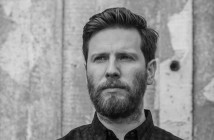A listening experience bound to no timeline
Podcasts started as a step into a means of salivating on music selections over and over again, without the lucid preference of clicking next or fast forwarding the stream or download as it continued. What really hooked me into the concept of a podcast was the idea of a radio channel that allowed me to review, format and listen with an attention span that I could adjust instead of tuning into its live session. Working at a radio station for a year set my audible connectivity to understand the lifespan of a podcast. For me, it frequently appeared as something I would add to a developing playlist. For others, a way of bookmarking content to revisit and give it the focus it needs. Through online portals, our community requested, sometimes even begged us to put the podcast up as soon as the live broadcast was finished, and it got me thinking about the demand for dialogue in an audio platform that can be shared, associated with current themes that felt like it was made for an individual listener, instead of a growing mass of forgotten hearing hoards.
Often being in studio, live tweeting about what conversation was being shared would take me out of the moment, either because I was so entertained by the presenter/studio guest dynamic or too focused paying attention to the moving dialogue to make sure my grammar and spelling were accurate when quoting these diverse personalities. So, the podcast became, or maybe even allowed me to be present on what its content was communicating to me.
Working at a radio station gave me an inkling on how production was done behind the scenes, so when introduced to a whole archive of Soulection podcasts available to download for free for one day, I made sure my bandwidth stayed open for my content to be materialised to be something of my own, instead of revisiting the same page to hear the identical podcast for the umpteenth time. Each time I heard the presenter introduce himself with their payoff line- ‘The sound of tomorrow,’ I would visualise their mood, their function, their way with guests in the studio, and the charm of it all- the music.
This led me to the investigation and also the allowance that social media dictates which local podcasts are out there by way of channelling into things I wanted to listen to. Initially, two doses of podcasts caught my eye. I took the time to listen to a podcast by Kalishnikov Radio, only captivated by the mix DJ Doowap was featuring and found the discussion quite inept and tedious. I didn’t really feel any kind of connection to the audience and their tone felt detached, which pulled me away instantly.
Then Quit Safari came along, a group coming together consisting of main and side projects from a collective of independent musicians, it spoke to me with its first breath. Not in any way a professionally conducted show, the podcast, as each session was released, became a private acquaintance I found myself making time for. I got into the routine of wherever I was, whether there was wifi or I was made to use my data- I pressed play and went on the journey with them. The foundation is uncompromising and eloquent, not because of its singularities and greetings the presenters share or giggle about, but instead the climatically discovery of the music they play. Accommodating to their own capacity of internal mannerisms, I imagine the group showcasing each podcast with an endearing tone, put together by a bunch of friends, just looking to give the internet a good time.
However, I needed to dig deeper. The music was my calling, but the conversation was a link to the condensation of provocative, meaningful dialogue that people were having. On my path of discovery, I found podcasts that were exceptionally produced, packaged with introductions and compositions and well spoken, comfortable conversationalists, as if making documentaries by way of dominating one sense, of listening to the narrative. This is exactly what I found in Future Lab Africa. Each podcast, like the brand they represent, delve deeper into interactive spaces that engage cultures of technology through critical aesthetic explorations in Africa.
I then stumbled into what felt like a ruse, to a portal with Laura Windvogel aka Lady Skollie, called ‘Kiss and Tell’. Composed, fearless and exposing, this woman explores different truths of relationships, slut shaming, sexual preferences, intimidations and experiences and how she reappoints circumstance and feedback in different journeys through the visions of body movement. Often going off tangent, but always being directed back to her themes, her attitude towards these topics are witty, sometimes repellent, but on the whole, a real exchange of ideas topical and vibrating. I feel like sexuality needs to openly be spoken about and I applaud her for getting the discussion stimulated.
So trying to figure what possibly works better than others is not the case. What I have learned by opening myself up this format in being the listener is that it’s not about how well its packaged or produced, it’s about exploring other people’s voices and letting them find their dynamism as it progresses. The more niche solo or group podcasts go up, the more we allow transformation to take place, whether it be music curation, diverse dialogue of topics or some kids fooling around trying to make their Soundcloud account a little more active.





